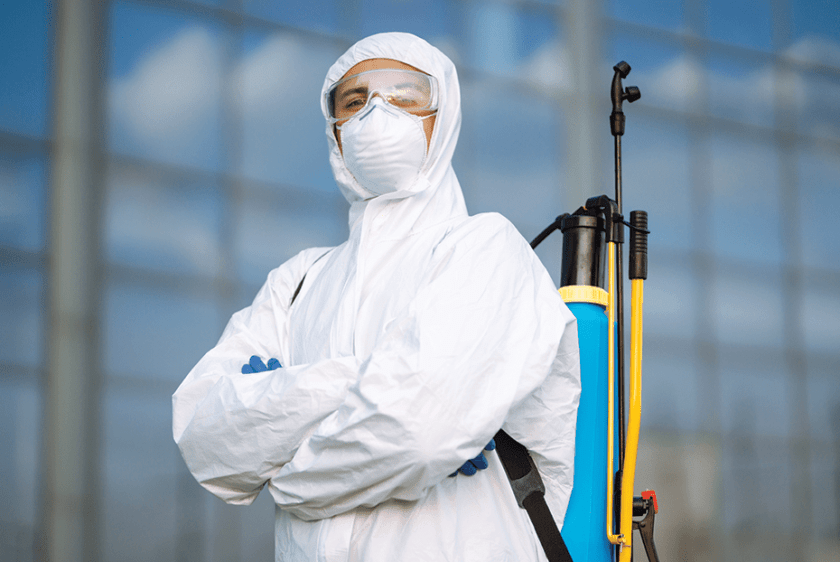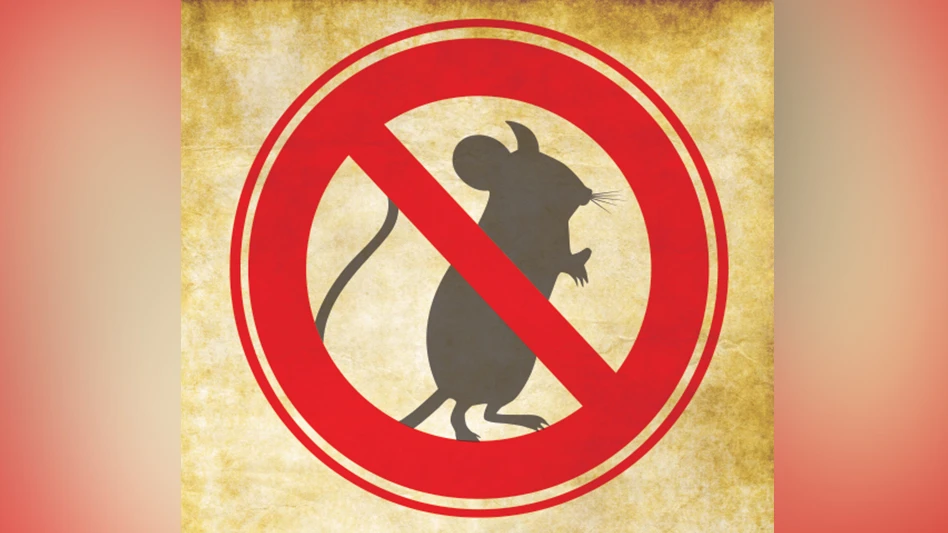Fast and Efficient Bed Bug Exterminator Port Charlotte Services for Comfort
Reveal the Significance of Pest Control in Maintaining a Healthy And Balanced Setting and Treatment Techniques

The Role of Parasites in Ecological Communities
Insects, often seen solely as nuisances, play a complex function in ecosystems that is vital for keeping environmental balance. They add significantly to different eco-friendly processes, consisting of pollination, nutrition biking, and insect control. For circumstances, numerous insect types, such as butterflies and , are important pollinators for a wide variety of plants, which consequently sustains biodiversity and food manufacturing.
Furthermore, insects work as prey for various killers, producing a vital web link in food webs. This connection makes certain the survival of numerous types and aids manage populaces within environments (Termite treatment Port Charlotte). Decomposer bugs, such as certain beetles and fungi, are critical in damaging down natural matter, hence improving soil and facilitating nutrition recycling.
On the other hand, while parasites can be helpful, their overpopulation or invasion into non-native atmospheres might interfere with these ecological functions. This complexity underscores the relevance of comprehending pest characteristics, as reliable parasite administration strategies should consider both their ecological functions and prospective effects on human tasks. Stabilizing pest existence while lessening harm is necessary for protecting the honesty of ecological communities and making sure agricultural productivity.
Health Threats Related To Pests
The presence of bugs in various atmospheres extends beyond their eco-friendly functions, as they additionally position significant wellness risks to animals and human beings. Many pests, consisting of pests, rodents, and parasites, are carriers of diseases that can have major health and wellness effects. For example, rodents are known to transfer hantavirus and leptospirosis, both of which can cause severe respiratory and kidney issues, specifically.
Pests such as mosquitoes and ticks are well known for spreading out vector-borne conditions like malaria, dengue fever, and Lyme condition. These health problems can result in high morbidity and mortality prices, specifically in at risk populaces. In addition, pests like roaches and bedbugs can intensify allergic reactions and bronchial asthma, adding to breathing troubles in individuals, especially those with pre-existing conditions.
Furthermore, the visibility of bugs can lead to mental tension and discomfort, influencing total well-being. Contamination of food and surface areas by parasite droppings and stays can cause foodborne health problems, highlighting the significance of preserving hygienic problems. For that reason, comprehending the wellness dangers related to parasites is crucial in identifying the necessity of effective insect administration strategies to secure human and animal health and wellness.

Benefits of Reliable Insect Control
Efficient pest control is essential for keeping a healthy and balanced and risk-free atmosphere, as it consistently minimizes the various dangers connected with bug infestations. Among the key benefits of efficient pest administration is the reduction of carcinogen. Pests such as cockroaches, mosquitoes, and rats are vectors for conditions that can impact both family pets and human beings. By controlling these populaces, the possibility of disease transmission is significantly decreased.
Furthermore, reliable pest control safeguards residential property and structures from damage. Numerous parasites, like termites and carpenter ants, can trigger extensive architectural damage that might call for pricey repair work. By proactively managing these services, home owners and invasions can protect their investments.
Another significant advantage is the renovation of overall high quality of life. A pest-free environment adds to psychological well-being and minimizes stress and anxiety associated with infestations. Reliable pest control cultivates a much safer setting for animals and children, guaranteeing that homes remain sanctuaries totally free from disease-causing microorganisms and unsafe chemicals.
Common Bug Control Strategies

In the world of parasite administration, different techniques are employed to deal with invasions successfully. These techniques can be extensively classified right into three primary techniques: cultural, mechanical, and chemical controls.
Social control involves customizing practices to lower insect survival, establishment, and reproduction. This may include plant rotation, correct cleanliness, and habitat manipulation, which jointly develop an environment much less helpful to pest spreading.
Mechanical control employs physical approaches to eliminate parasites (Termite treatment Port Charlotte). Techniques such as obstacles, catches, and vacuums are typically used to straight get rid of insects from a location. This approach is especially reliable for handling rats and bugs without using damaging chemicals
Chemical control includes the application of chemicals to manage insects. These substances can be classified right into pesticides, herbicides, and fungicides, each targeting specific kinds of insects. It is essential to make use of these chemicals carefully, adhering to safety guidelines and regulations to reduce prospective injury to non-target varieties and the flying ant control setting.
Each insect control technique has its benefits and constraints, and commonly, an integrated approach combining multiple techniques produces the finest cause keeping a pest-free setting.
Lasting Bug Monitoring Practices
Lasting parasite monitoring techniques include an array of methods developed to minimize environmental influence while successfully managing insect populaces. These techniques focus on making use of environmentally pleasant methods over chemical pesticides, therefore lowering the threat of injury to non-target varieties, consisting of helpful bugs, wildlife, and human beings.
Integrated Pest Monitoring (IPM) is a keystone of sustainable practices, incorporating biological, cultural, mechanical, and chemical methods to manage parasites. Organic control entails introducing natural predators or bloodsuckers to subdue parasite populaces. Cultural practices, such as crop rotation and polyculture, disrupt pest life process and enhance community resilience.
Mechanical approaches, such as barriers or traps, can properly prevent pest access without chemical treatment. Furthermore, preserving healthy environments with proper soil monitoring, plant health and wellness, and biodiversity can normally mitigate bug issues.
Education and recognition are crucial parts, empowering individuals and neighborhoods to acknowledge pest dangers early and apply preventive actions. Termite treatment Port Charlotte. By fostering an alternative approach that stabilizes insect control with environmental honesty, lasting parasite monitoring practices not only safeguard crops and frameworks however additionally add to a much healthier setting for future generations
Conclusion

Comprehending the wellness threats linked with pests is click for more crucial in recognizing the need of efficient parasite monitoring approaches to protect human and animal health and wellness.
Effective parasite control is important for maintaining a safe and healthy setting, as it consistently mitigates the numerous risks connected with pest problems.Integrated Pest Monitoring (IPM) is a keystone of lasting methods, combining biological, social, mechanical, and chemical methods to manage parasites. By recognizing the function of pests, recognizing affiliated wellness dangers, and using diverse treatment techniques, a lasting strategy to pest administration can be attained. Integrated Insect Monitoring (IPM) highlights a holistic method that minimizes injury to useful organisms while successfully controlling bug populations.